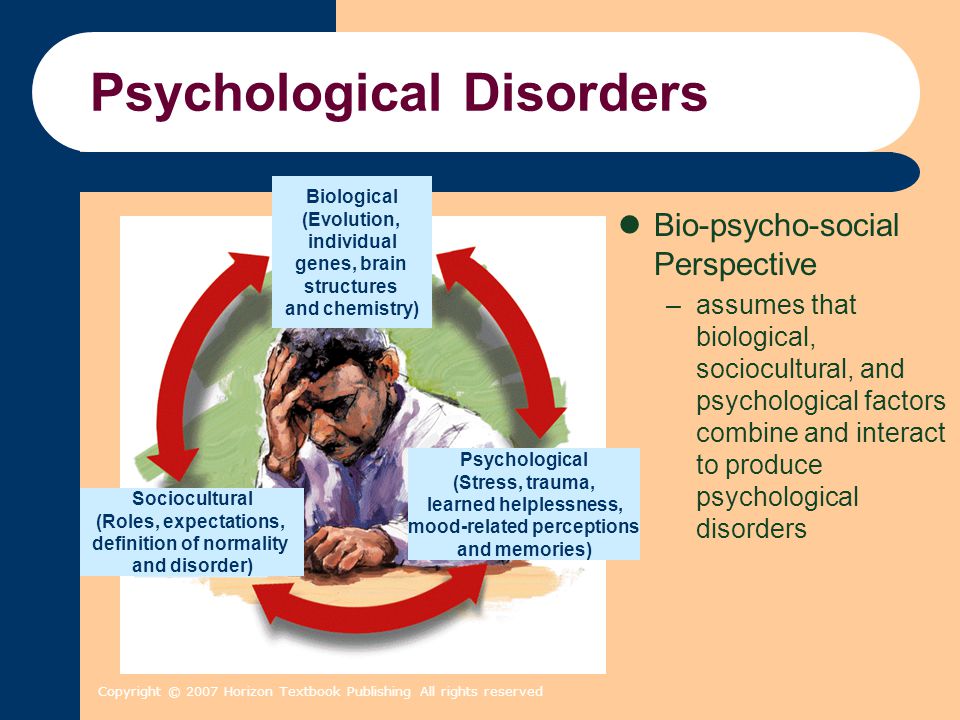Taking things to heart
6 Ways to Not Take Things Personally
Every one of us has a tender underbelly of our psyche. Everyone has something they’re sensitive about, where even a gentle poke can feel more like a thwack. Comments don’t slide off like water from a duck’s back; rather, we feel more like a sitting duck.
But criticism is an inevitable part of life, and hearing reasonable negative feedback without overreacting is a life skill. If we can hear fair criticism of our actions without taking it personally, not only do we escape feeling hurt or shamed, we also keep criticism from escalating. By contrast, if we think, “You hurt my feelings so I’ll hurt you back,” we create more conflict and pain all around.
So how can we take things less personally, both to benefit ourselves and others? How can we toughen up without becoming hard-hearted?
Let’s start with two tips about how to re-interpret the critic, whether it’s your boss, your mother-in-law, your nosy neighbor, or someone you love and trust. In fact, that’s the crux of the matter.
1. Consider the source.
Would you be as likely to drink water from a mountain spring as from a puddle under a dumpster? Of course not. But why? Aside from the fact that you are smart, it’s because the source matters.
The same thing goes for criticism. Does the critique come from someone you like and respect? Does this person know you well? Or is this someone known to shoot off their mouth, have all the subtlety of a sledgehammer, or has never had an authentic interaction with you?
In short, you’d take criticism very differently if it was presented with care from someone you trust versus shouted from a moving car. Consider the source, which will help you decide whether to take their feedback to heart or with a big grain of salt.
2. Give critics another chance, but not unlimited chances.
People say mean things. People can be dumb. People have no filter. It’s only human to make a mistake and say something critical or insulting, but if it happens again and again, it’s not a mistake anymore, it’s a pattern.
To paraphrase, critique me once, that’s on you. Critique me twice, that’s on me. But if you’re repeatedly insulted without apology or acknowledgment, it’s time to speak up and/or limit contact. Three strikes and you’re not necessarily out, especially if you still have to work with or be related to them, but it’s definitely time to draw some boundaries.
Next up, four tips about how to work on ourselves to take the sting out of criticism. As they say, the only person you can change is you.
3. Heed the double-edged sword of “They shouldn’t say that!”
Individuals hypersensitive to criticism often have high moral standards. They have a strict moral code and their values run deep. And that’s a good thing. But this is one of the few places where strong values can have a downside. “How dare they say that!” “That’s wrong!” “She can’t say that!” “That’s not how things should be.” All those things may be true, but whatever statement hurt you was still uttered.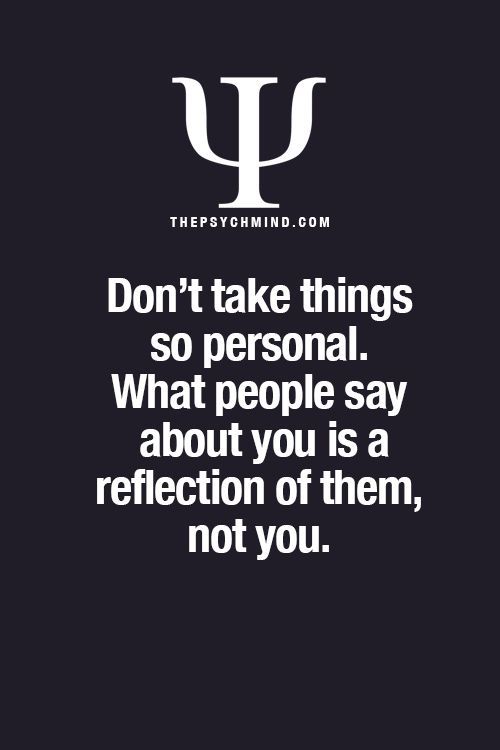
The fact that the critic “shouldn’t” or “can’t” is moot. Pretend a dog just deposited a steaming bundle right next to your “please pick up after your pet” sign. It shouldn’t have happened, but you have to deal with it nonetheless.
Getting unfair or undue criticism is similar. Even if it “shouldn’t” be there, you still have to deal with it. Feeling annoyed and offended may be warranted, but it’s not helpful. Remember that even if you walk the line and follow the rules, you can’t control whether others break them. In short, focus your attention on the content of the criticism, not whether or not it should have happened.
4. Question your own perfectionism.
There is a straight line between hypersensitivity and perfectionism. Individuals who take things personally often work really hard to be blameless, flawless, or excellent precisely so no one will criticize them. When they get negative feedback, it feels like it blows away all they’ve worked so hard for.
If this sounds familiar, you can reframe this in a few ways. One is to incorporate getting better at hearing criticism into your perfectionism. Get better at receiving feedback. Aim higher when it comes to dealing with commentary. Be an overachiever when it comes to facing the haters.
Another, more challenging way, is to change your perfectionism. Dare to accept your cracks and warts. Slowly realizing that you are enough just as you are takes time and work, but simply acknowledging your buttons can be a powerful first step. If you were bullied in the past, you may be hypersensitive to comments that remind you of being thrown against your middle school locker. If you were pigeonholed by your parents as being the dumb one, the crazy one, or the problem child, you may have worked your butt off to prove that you’re anything but.
Any critique that brings forth old hurts cuts extra deep, but just being aware that something is a hot button issue for you is the first step to owning it, and eventually healing it.
5. “I should’ve said…!” Be honest with yourself when recreating scenes in your head.
We’ve all experienced getting bullied or criticized and then, hours later, coming up with a good zinger we wish we had said in the moment. We replay the scene in our head, spinning out what we wanted to have happened instead of what actually went down.
But replaying scenes in your head is a two-sided coin. In some cases, it can be extremely helpful. If you replay the scene and imagine getting what you needed in the moment—feeling empowered, soothed, or safe, it can be an extremely worthwhile daydream. In fact, when done with a qualified therapist, this is called imagery rescripting, and is a cutting-edge tool in treating trauma survivors.
However, in other cases replaying a scene can be problematic; specifically, imagining revenge fantasies. At that point, reimagining crosses the line from empowering to egotistical.
In fact, a study out of Louisiana State University found a link between how frequently people re-imagined interactions and covert narcissism, the version of narcissism associated with low self-esteem rather than I-am-the-greatest grandiosity.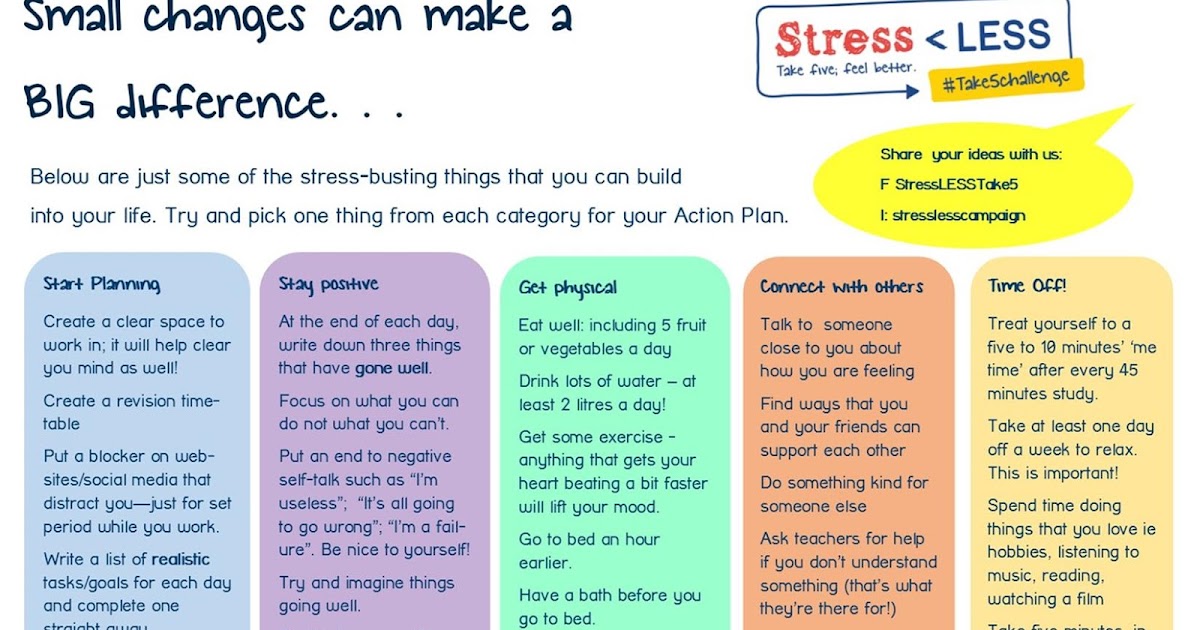 Covert narcissism is the unenviable mix of being vulnerable and self-absorbed at the same time.
Covert narcissism is the unenviable mix of being vulnerable and self-absorbed at the same time.
The researchers found that frequently imagining scenes that were discrepant with reality—fantasizing about humiliating the ex you never see anymore, or imagining dressing down your boss and staging a power grab—was tied to covert narcissism. Turns out covert narcissists envision conflict more often than non-narcissists and, in addition, imagine themselves dominating the interaction and controlling the relationship.
So be aware when you replay those scenes in your head. If you’re doing it to soothe and empower yourself, carry on. But if you’re doing it to dominate your imagined enemy, consider trying out a healthier coping strategy instead.
6. Toe the line between taking things personally and being personally invested.
To wrap things up, we’ll do something surprising: we’ll defend taking things personally. Now, “taking things personally” usually brings to mind images of silent fuming or screaming into our pillow, but there’s something to be said for taking things to heart.
The opposite of taking things personally is to depersonalize them. And when you depersonalize an action or a role, it quickly loses its value. Taking your job personally means being invested, while depersonalizing it means showing up only for a paycheck. Taking a passion personally means being engaged, while detaching guarantees lackluster results at best.
To take things even further, with your fellow humans, taking things personally means engaging with others at your best. Not taking things personally, at worst, leads to dehumanization and moral disengagement—convincing yourself that ethical standards and other people don’t matter.
So, oddly, let things get to you. Take them personally, in the best possible way. Find a happy medium between being hypersensitive and caring deeply. All in all, take your work and relationships extremely personally. After all, this messy, imperfect, glorious life of yours belongs to you.
Facebook/LinkedIn images: fizkes/Shutterstock
How to Stop Taking Things Personally
People take things personally for a variety of reasons. People take things personally because they are insecure or misinterpret what someone else is saying. It’s relatively easy to mistake what another person says, especially when there’s a communication breakdown. When you a person takes things personally, they’re usually on the defense. This means that they feel their character, abilities, competence, or personal achievements are under attack. Of course, no one enjoy being spoken about in a negative light. However, it’s important to remember that everyone has the right to voice their opinions, whether true or untrue. What does this mean for the individual? While you can’t control what other people do or say, you can only control how you react to it. This is especially true for what you choose to internalize and that of which you choose to disregard. To internalize something means you are taking it personally. Taking things personally can contribute to negative, self-limiting beliefs. It can also prevent you from pursuing goals you’re quite passionate about.
People take things personally because they are insecure or misinterpret what someone else is saying. It’s relatively easy to mistake what another person says, especially when there’s a communication breakdown. When you a person takes things personally, they’re usually on the defense. This means that they feel their character, abilities, competence, or personal achievements are under attack. Of course, no one enjoy being spoken about in a negative light. However, it’s important to remember that everyone has the right to voice their opinions, whether true or untrue. What does this mean for the individual? While you can’t control what other people do or say, you can only control how you react to it. This is especially true for what you choose to internalize and that of which you choose to disregard. To internalize something means you are taking it personally. Taking things personally can contribute to negative, self-limiting beliefs. It can also prevent you from pursuing goals you’re quite passionate about. Thus, you must know how to stop taking things personally.
Thus, you must know how to stop taking things personally.
1. Get Busy
An idle mind is the devil’s playground. When a person is idle, a slew of thoughts and emotions tend to pour in. These negative thoughts and feelings can often link back to the negative words of others. It’s good to spend your time wisely not to get caught up in a cycle of negative thinking. When you get busy, you have no time to care about what other people are saying. Instead, you have other notable highlights of your life and productive things to talk about. To get busy, you want to focus on endeavors that match your personality. What do you like to do? If you like art, then consider taking workshops and perfecting your craft. Volunteerism is also an option for those individuals who find joy in helping others. The key is to immerse yourself in a hobby you love doing. You’ll begin to attract like-minded people where the common interest becomes the topic of conversation.
Free meditation appDeclutter The Mind is an app that will teach you how to meditate, help you form the habit of a regular practice, and expand your mind to the teachings of mindfulness.
Download App
2. Question Your Thinking
If you’re taking things personally, question why you’re doing so. You could find that you take things personally because you believe what’s being said about you. This doesn’t mean that what’s being said is true. In actuality, it could mean that you were raised or convinced to feel that way about yourself. To recondition this thought process, you must become conscientious. This high level of self-awareness can be established through questioning your thinking. Not only will you examine your thoughts and why you think a certain way, but you should also take notice of when the negative self-talk first started.
Being more mindful is also a great way to become more aware of your thoughts. One of the easiest ways to practice mindfulness is with meditation. A simple guided meditation for overthinking can help train your mind to become more aware of your thinking and notice when you start taking something personally.
3.
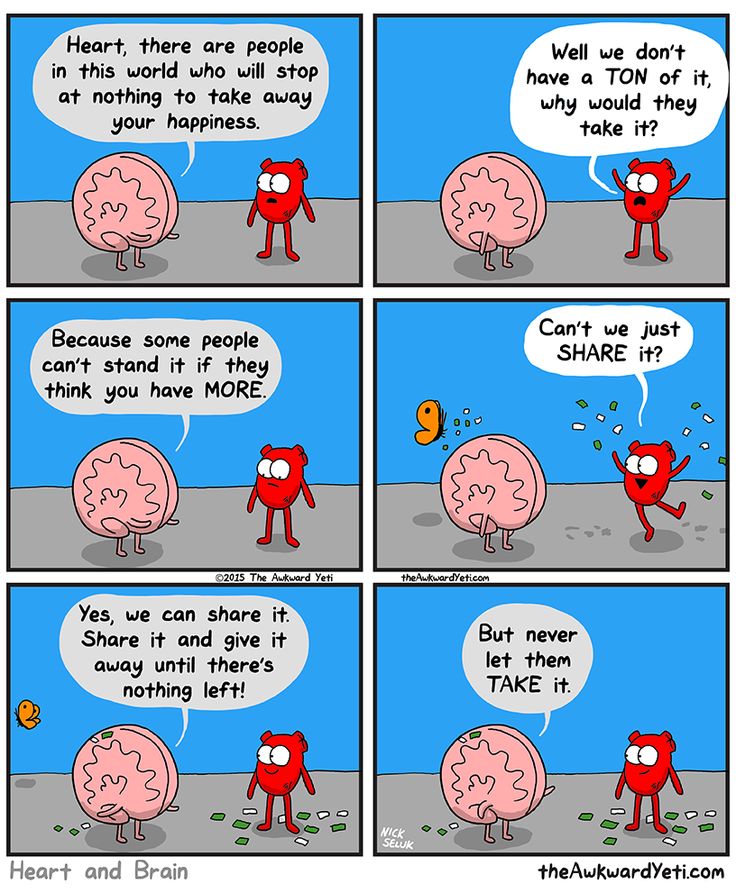 Eliminate Confusion
Eliminate Confusion You can stop taking things personally by eliminating confusion from your life. The confusion comes in many various forms and accompanies many different people. Not everyone wants to see you succeed in life. Or, some people want you to succeed, but not more than them. People like this will give you fake, lackluster compliments. They may also be passive-aggressive when speaking to you, not communicating how they feel towards you. They may also use self-deprecating humor, minimize your accomplishments, or continuously compare their progress to yours. While it’s not very obvious, there are detriments to keeping such people around. Subconsciously, you may start to believe certain negative things they are saying about you. It’s best to talk with these people and let them know how you feel to eliminate these bad habits. If they can’t respect your wishes, then you should consider finding a new social group.
4. Become More Confident
A top reason why people take things personally has a lot to do with personal insecurities. Insecurities spawn from things such as abuse, bullying, or constantly comparing one’s self to someone else. When a person is insecure, they tend to be much more self-conscious and susceptible to others’ judgment. As stated, everyone has an opinion. However, a person who has confidence doesn’t feel any less valuable or secure while hearing criticism or opinions. To build confidence, and stop taking things personally, incorporate self-love into your lifestyle. When we have a secure bond with ourselves, we don’t care about what other people think about who we are. Self-love activities include having a spa day, getting your nails done, meditating, journaling, working out, surrounding yourself with positive individuals, and empowering yourself through daily affirmations.
Insecurities spawn from things such as abuse, bullying, or constantly comparing one’s self to someone else. When a person is insecure, they tend to be much more self-conscious and susceptible to others’ judgment. As stated, everyone has an opinion. However, a person who has confidence doesn’t feel any less valuable or secure while hearing criticism or opinions. To build confidence, and stop taking things personally, incorporate self-love into your lifestyle. When we have a secure bond with ourselves, we don’t care about what other people think about who we are. Self-love activities include having a spa day, getting your nails done, meditating, journaling, working out, surrounding yourself with positive individuals, and empowering yourself through daily affirmations.
5. Understand the Power You Have
There are two common types of criticism: constructive criticism and destructive criticism. When someone says something negative about you, don’t take the bait. Sometimes, people say things to see how you’ll react. Don’t give them a reaction. Instead, continue focusing on improving your life. The best remedy to defeat people like this is to ignore them. A reaction is what feeds them, and it’s what they need to feel validated. And, your power is way too important to be used to address negativity. While the first impulse may be to defend yourself, understand that not everyone is deserving of a response. So, don’t give them that recognition. As for respectful criticism, take heed. However, never take constructive criticism personally as those providing you with it usually only want to see you become better.
Don’t give them a reaction. Instead, continue focusing on improving your life. The best remedy to defeat people like this is to ignore them. A reaction is what feeds them, and it’s what they need to feel validated. And, your power is way too important to be used to address negativity. While the first impulse may be to defend yourself, understand that not everyone is deserving of a response. So, don’t give them that recognition. As for respectful criticism, take heed. However, never take constructive criticism personally as those providing you with it usually only want to see you become better.
6. Stop Being So Concerned About What Others Think of You
It may sound easier said than done for some, but you need to stop taking things personally. Ask yourself, do you care about what other people think of you? If so, why do you care? Most people care about what other people think and say about them to some degree. But we indeed have no authority over what someone else gets to use their freedom of speech and thought for. Unless someone is inciting violence or defaming your name, we can only take the things people feel and say about us with a grain of salt. It doesn’t affect who you are as an individual. Remember that other people don’t get to define you. You define yourself through how you interact with others and through the things you do in this life.
Unless someone is inciting violence or defaming your name, we can only take the things people feel and say about us with a grain of salt. It doesn’t affect who you are as an individual. Remember that other people don’t get to define you. You define yourself through how you interact with others and through the things you do in this life.
7. Stop Making Assumptions
Assumptions can be made from misspeaking or misinterpreting. Misunderstandings occur every day, whether comprehending what someone says to someone or someone using the wrong words. This communication breakdown can result in individuals jumping to conclusions and making assumptions. A person can take something personally because they misunderstood what another person was saying. In such a case, an innocent compliment can be interpreted as a satirical remark. Try to catch yourself before you start assuming or coming to your conclusions about what a person says or feels towards you.
8. Ask for Clarification
To reduce the chances of misunderstanding and assumptions, and stop you from taking something personally, it’s always best to ask for clarification. Don’t be afraid to ask someone to repeat themselves or to elaborate on their ideas. This is what it means to have a healthy, progressive dialogue. You may learn that you and this person have quite a lot in common. Clarity clears up the confusion. As we know, confusion can make a person believe in a complete falsehood. Such a misconception may include the perception we feel that others have about us. It’s always best to ask and receive answers straight from the source.
Don’t be afraid to ask someone to repeat themselves or to elaborate on their ideas. This is what it means to have a healthy, progressive dialogue. You may learn that you and this person have quite a lot in common. Clarity clears up the confusion. As we know, confusion can make a person believe in a complete falsehood. Such a misconception may include the perception we feel that others have about us. It’s always best to ask and receive answers straight from the source.
9. Know Thyself
Knowing yourself has a lot to do with your confidence. When you know yourself, you receive a massive boost in confidence. Knowing yourself involves understanding what makes you who you are. You know your limits and your standards which are both necessary components for setting boundaries. As you are firm in who you are, there’s nothing anyone can do or say to impact your peace and pride negatively. You can get to know yourself by detaching from all beliefs and sentiments imposed onto you by others. Also, spend quality time with yourself to relearn who you indeed are.
Also, spend quality time with yourself to relearn who you indeed are.
10. Be Assertive
Being kind is something we’re taught to do from when we’re little. However, there are some misunderstandings when it comes to kindness. In the name of kindness, some people shy away from being assertive because they might associate assertiveness with something negative. You can still be kind while being assertive. This is an alternative approach to ignoring what other people say towards you. Instead of ignoring those people, you can assert yourself. To assert means to declare, claim, or stand up for something. In being assertive, you confidently cut through lies and half-truths spoken about you. You are also showing others that you have boundaries and don’t approve of their negative speech. Once you assert yourself, you will feel in control over the situation and how you respond to future situations. Instead of bottling in your emotions or internalizing negativity, you can choose to let it out through asserting yourself.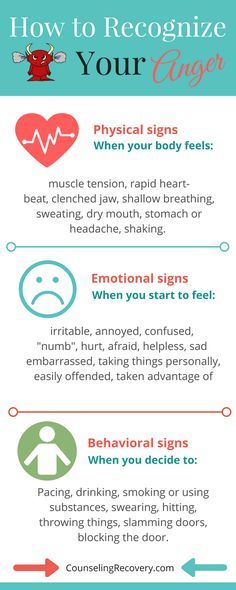
Regardless of what other people say, we are only responsible for how we react and respond. When we can stop taking things personally, we take back our power. Each person has the right to an opinion, just as you have the right to not subscribe to those opinions and beliefs. In knowing yourself, you can understand how to stop taking things personally.
Psychologist's advice on how not to take everything personally
December 18, 2020
In the life of every person there are events that can knock the ground out from under your feet. This is especially true for sensitive people who take everything very close to their hearts, passing problems through themselves. This type of people are most susceptible to stress and depression. Psychologists know how to learn not to worry and enjoy life.
Useful advice from psychologists
Learning to live without stress is quite real. To do this, you will need the following:
- You need to understand that all life's troubles are temporary, and someday they will definitely end.

- It is necessary to avoid excessive emotionality and try to calmly cope with the problem, and not run away from it.
- No need to try to please everyone. Remember that you are a person, and therefore individual.
- Don't be afraid to take the initiative. By remaining a passive observer, you will not succeed.
- Don't confuse being demanding with initiative. In this case, the main thing is not to go too far.
- Do not rush everywhere and do everything, live measuredly. If you learn to put things off until later, you will feel more relaxed and happy.
- Do not neglect good sleep and proper nutrition, as their lack can severely affect mental health.
- Good mood is a great antidepressant, so don't stop smiling.
- Don't hold back your emotions and let them out. The emotions you feel inside of you will lead to depression and health problems.

- Try to motivate yourself by setting goals. Don't live for one day.
- You must understand that any relationship needs to be worked on well, knowing what kind of people to let in.
- Clearly plan your time so that you can do everything. You should make time not only for work and family, but also for yourself.
- Learn to find an alternative so that there is always a way out.
- Do not be upset because of troubles, but it is better to take them as a kind of life lesson.
- Try to constantly develop, because an interesting interlocutor always has many acquaintances.
- Make time for creativity and spirituality seriously.
- Learn not to react negatively to failures, protecting yourself from bad feelings. Try to show a sense of humor, just drawing certain conclusions.
- One of the main rules is to learn to love, appreciate and pamper yourself.
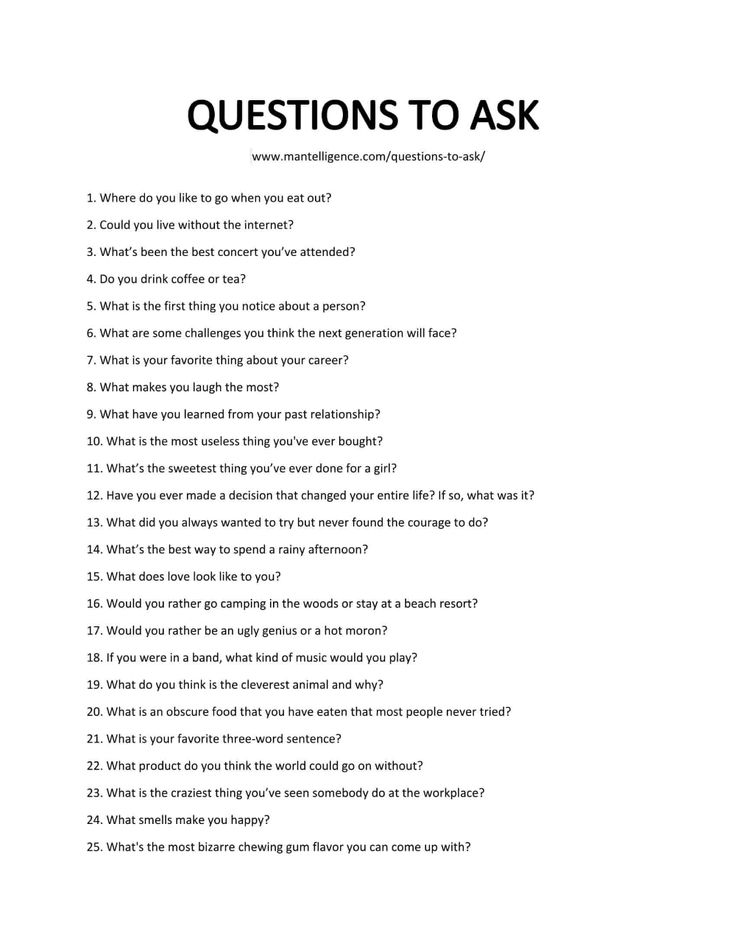
If you learn to adhere to these rules, life will be much easier.
How to respond to rudeness and protect yourself from negativity?
Psychologists are sure that boors are people who are dissatisfied with life, who constantly experience a feeling of pressure at work or at home. With the help of rudeness, they are trying to get rid of the accumulated negativity. You should not enter into a dialogue with boors, you just need to demonstrate your dignity in front of him. It is necessary to make it clear to a person that he is no better than others, using non-verbal methods.
When communicating with people who are not very pleasant, set clear boundaries for communication, under any circumstances remain calm, do not focus on the opinion of a person who is unpleasant to you. After communication, you need to distract yourself in any way, for example, take time for a movie or treat yourself to something sweet.
It happens that negativity comes from a person himself, and he sees only a bad picture of his life. In this case, you need to understand yourself and analyze the actions. And you can also get rid of negativity and toxic thoughts with the help of the Wikium course “Brain Detoxification”.
In this case, you need to understand yourself and analyze the actions. And you can also get rid of negativity and toxic thoughts with the help of the Wikium course “Brain Detoxification”.
How not to take things too personally?
"Do not take any negative. Until you accept it, it belongs to the one who brought it."
Wise saying, uttered by the Buddha, most clearly and well reflects the importance of skill to abstract from the negative emotions that are brought to us, at times, by those around us People. There is a lot of negativity in the world and, unfortunately, we cannot help but notice it. we can hide. But we have the opportunity to build between ourselves and all that that brings irritation and anger, an invisible wall that will protect the fragile the structure of the soul and will allow not to be offended by such manifestations. This article will try to answer the question: “How not to take everything too personally?”, and give helpful advice. Go?
KNOW WHO YOU REALLY ARE
Quite often, the words of the people around you can respond with inexplicable pain and resentment inside you.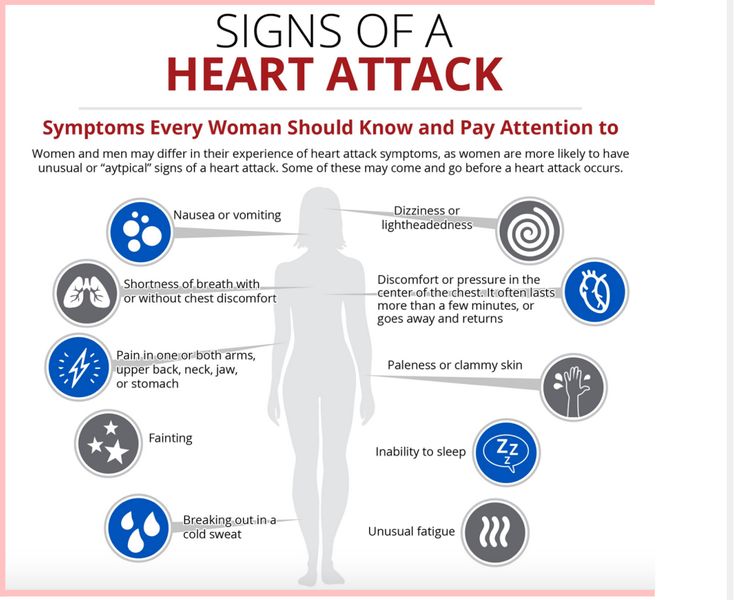 It may even seem to you that no one is able to understand you, but in fact, this is wrong. It's all about forgetting (or not knowing) who you are in reality. If you are confident in your powers and abilities, rude behavior or negative comments will not be worry you. A clear understanding of who you are, where you are going, what goals want to reach who you are with automatically makes you sure that you are in right direction and satisfied with yourself. It is confidence that makes the fact that you begin to feel the “ground under your feet” more tangibly and can stand up for oneself.
It may even seem to you that no one is able to understand you, but in fact, this is wrong. It's all about forgetting (or not knowing) who you are in reality. If you are confident in your powers and abilities, rude behavior or negative comments will not be worry you. A clear understanding of who you are, where you are going, what goals want to reach who you are with automatically makes you sure that you are in right direction and satisfied with yourself. It is confidence that makes the fact that you begin to feel the “ground under your feet” more tangibly and can stand up for oneself.
About how to become more confident in ourselves, we wrote earlier. And to understand who you really are, various practices such as yoga and qigong.
REMEMBER THE GOOD THINGS YOU HAVE DONE
If people around you accuse you of something, or indicate your shortcomings, remember those kind and useful the deeds you have done. Remember how you made someone happy with your attention, or a sincere smile, remember how you gave someone your warmth, or treated someone to the last piece of chocolate. You must have been in your life at least one such case, and it is it that should become your internal protection against external "attack" of the offender. Remember that everyone has flaws, and, perhaps you really made a mistake in something, but this does not mean that with this nothing can be done - remain yourself and strive for development, do not taking hurtful words personally.
Remember how you made someone happy with your attention, or a sincere smile, remember how you gave someone your warmth, or treated someone to the last piece of chocolate. You must have been in your life at least one such case, and it is it that should become your internal protection against external "attack" of the offender. Remember that everyone has flaws, and, perhaps you really made a mistake in something, but this does not mean that with this nothing can be done - remain yourself and strive for development, do not taking hurtful words personally.
Doing a good deed is not so good and difficult! To do this, just visit the zoo and feed its inhabitants. something delicious!
DON'T EXPECT OTHER PEOPLE'S APPROVAL
the process of personality formation, we often do something based on the opinion parents in this regard. But as we grow up, we carry this habit into adulthood. life, and we are waiting for the approval of our actions not only from the parents, but also the whole society. To one degree or another, everyone has experienced this: disapproval appearance, behavior, interests, and so on. So, in order to stop take everything too close to heart, you need to forget about the approval of side of people. As they say, kill it! What difference does it make whether they approve or disapprove your behavior is different? The main thing is what you yourself think about this, what you consider yourself "normal".
To one degree or another, everyone has experienced this: disapproval appearance, behavior, interests, and so on. So, in order to stop take everything too close to heart, you need to forget about the approval of side of people. As they say, kill it! What difference does it make whether they approve or disapprove your behavior is different? The main thing is what you yourself think about this, what you consider yourself "normal".
No best time for change, except for the present moment. Try to radically change appearance, with the help of a professional stylist and spit on what is about you others say!
SURROUND YOURSELF WITH POSITIVE PEOPLE
condemn and criticize any of your behavior, then think: “Why am I surrounding themselves such people? It is very important that the people who are close to you, always gave you positive emotions, were positive, joyful, helped you to develop, inspired you.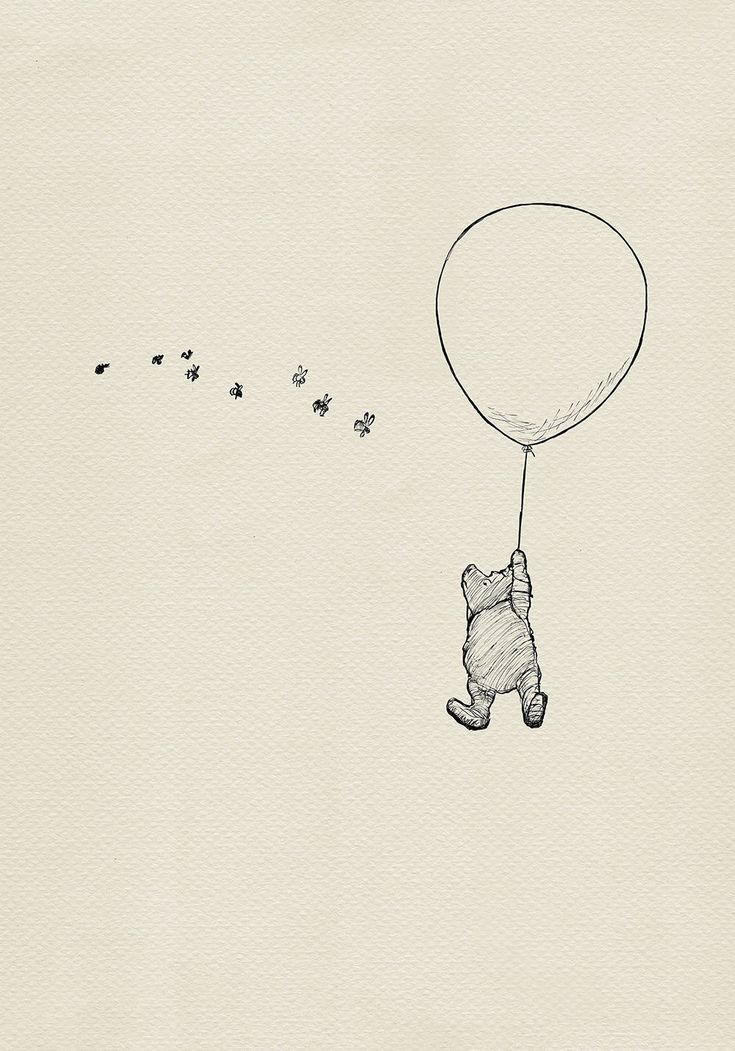 If your environment only oppresses and frustrates you, try to find new acquaintances whose words will not unjustifiably offend and offend you.
If your environment only oppresses and frustrates you, try to find new acquaintances whose words will not unjustifiably offend and offend you.
Find new friends can be by attending a master class of your choice, where you will meet allies by interest.
DRIVE HONEST, OPEN DIALOGUE
Other people may not even know that they offend in any way you with your behavior or words. Always try to be as honest and open with others: call a person for a dialogue and tell him about your feelings. All problems that appear in relationships are most often caused by precisely because people cannot be frank enough in expressing their true feelings. Try to share with people what hurts, upsets you and makes you feel insecure. By practicing this method, you will attention to how your communication is getting better.
Psychological trainings will help in self-discovery and teach open, honest dialogue.





